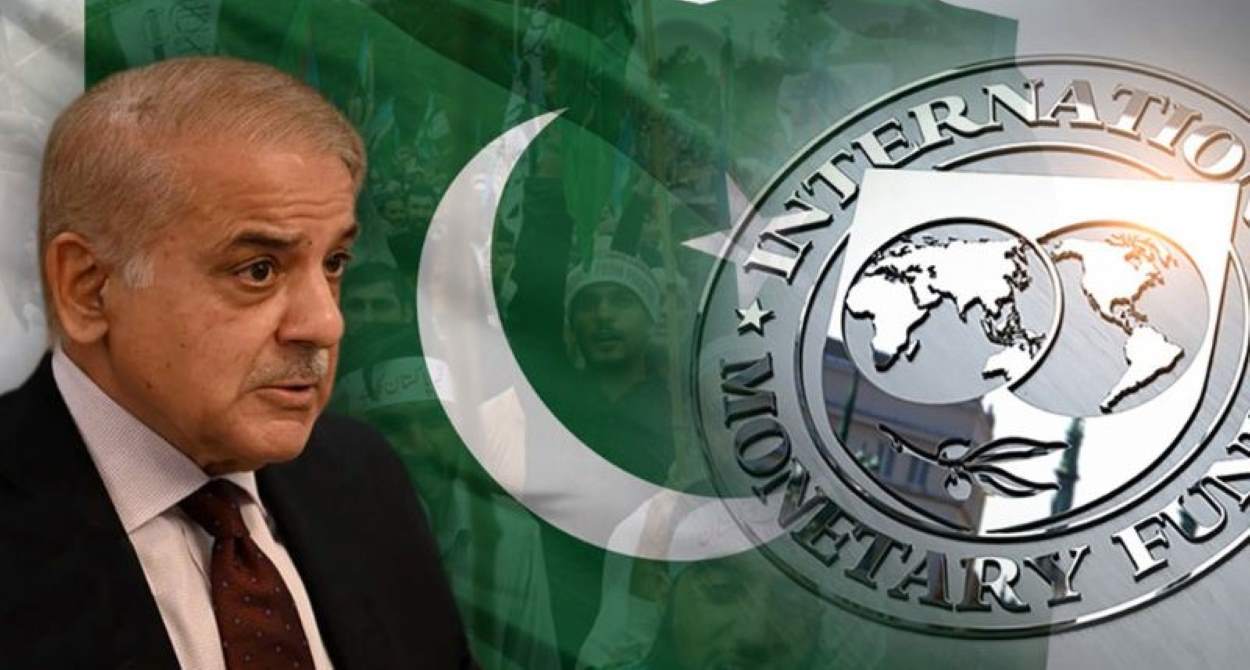On September 26, 2025, Pakistan and the International Monetary Fund (IMF) continued technical-level talks focusing on reducing circular debt inflows to zero in FY2025-26. Discussions covered fiscal performance, power sector inefficiencies, and tariff reforms, as reported by sources.
The circular debt stood at Rs 1.614 trillion by the end of FY2025, down from Rs 2.394 trillion in FY2024. Power Distribution Companies (Discos) reported a loss of Rs265 billion, an improvement from Rs276 billion, with under-recoveries at Rs132 billion (down from Rs315 billion). Quetta, Peshawar, and Hyderabad Discos led losses at Rs92.65 billion, Rs53.68 billion, and Rs39.63 billion, respectively.
The National Electric Power Regulatory Authority (Nepra) will review the Discos’ 2025-26 interim tariffs, with a requested revenue of Rs455 billion, potentially raising rates by 2-4%. A Rs1.2 trillion bank deal cut the debt to Rs400 billion, funded by a Rs3/unit consumer surcharge for five years. The annual tariff rebasing is scheduled to shift to January 1, 2026, in response to IMF demands.
Read: Pakistan’s Banking Sector Secures Rs1.225 Trillion Circular Debt Resolution
The IMF insists on minimising Disco losses, though zero inflows are challenging. Remaining losses will require budgetary subsidies. The government plans to clear the debt stock over three to six years, supported by governance reforms, technology upgrades, and potential privatisation.
Dr. Khaqan Najeeb, former Finance Ministry advisor, highlighted 20% technical and commercial losses, projecting Rs600 billion annually. He advocated for stronger governance and concession models to address billing, collection, and infrastructure issues.
Pakistan’s circular debt, at 2.1% of GDP (World Bank, 2024), strains the energy sector. Reforms could save billions and boost investor confidence, which is critical for 40% of Pakistan’s GDP, tied to energy costs. The IMF’s push for zero inflows signals intense fiscal scrutiny.
The IMF’s call for zero circular debt inflows poses a challenge to Pakistan’s energy sector. With Rs1.614 trillion in debt and tariff hikes looming, reforms are urgent.






